Booking and Expedia targeted by consumer watchdog investigation
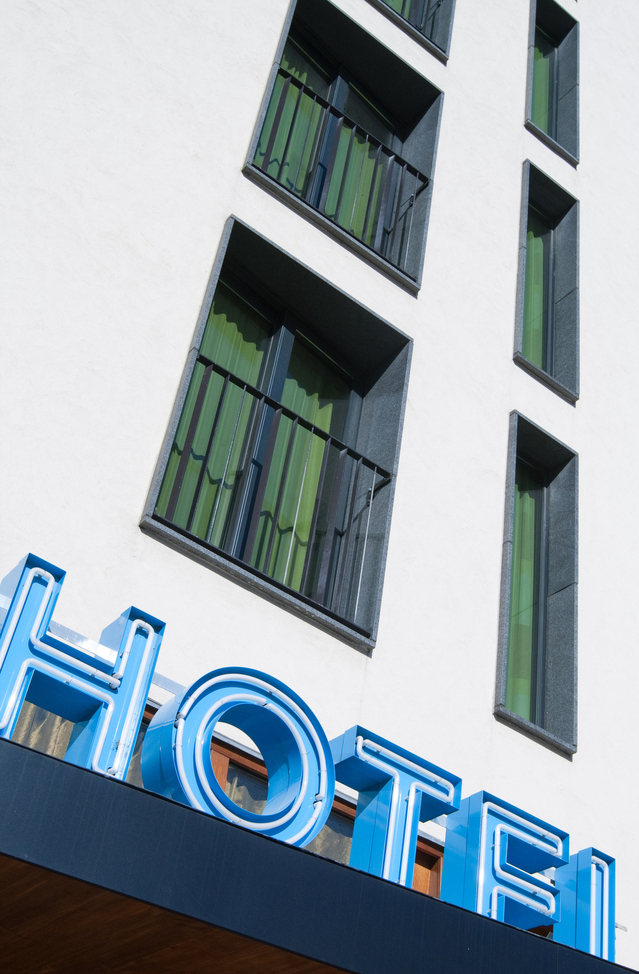
Booking.com and Expedia have been forced to defend themselves after being targeted in the latest ‘investigation’ by consumer magazine Which?
Taking a small sample of 10 UK hotels, Which? checked the cost of an overnight stay on Booking.com, before phoning each of the hotels to book directly.
It found eight hotels were able to offer a better price or other incentives such as free breakfasts or upgrades.
It then told consumers they are paying up to 12% more for their rooms than they need to.
The consumer champion said it is concerned OTAs enforce rate-parity clauses in their contracts with hotels, preventing hotels from offering lower prices on their own websites than those listed on the OTAs’ websites.
Which? said this could push up prices and said it has shared its findings with the Competition and Markets Authority (CMA).
It said these rate-parity clauses have already been banned in France, Italy and Austria for preventing competition.
But a spokesperson from Booking said it helps small hotels gain access to a worldwide market, with hotels only pay commission when they get business.
"Properties choose whatever prices they want to list on Booking.com, which they can do at will and free of charge," it said.
"Then Booking works hard to advertise their property for them to customers all over the world. If Booking can indeed find them a customer, the property then (and only then) pays a small fee in exchange for the service.
"By contrast, if a hotel or small bed & breakfast in the countryside for example, were to advertise on TV in markets all over the world in order to find customers and generate business, it would likely be so expensive that the properties would need to charge even higher prices for their rooms in order to stay in business. Booking is a much more cost-effective platform for properties to advertise, allowing them to pay only when they generate actual business."
Expedia, which also came under fire in the Which? report, said it has also helped hundreds of thousands of hoteliers compete for consumers’ business and provided transparency to the market.
"Hotels pay no upfront cost for using an OTA. They have the freedom to review their room demand and availability across their different distribution channels and, using our technology solutions, update the rates and availability that they provide for display on Expedia Group websites," it said.
It quoted stats from Oxford Economics, arguing that as much as 82% of bookings through an OTA go to independent hotels whose share of the overall EU market for hotel bookings is much lower at 57%.
"This makes it fair to say that OTAs level the playing field for small hotels vs the big global chains," it said.
Bev
Editor in chief Bev Fearis has been a travel journalist for 25 years. She started her career at Travel Weekly, where she became deputy news editor, before joining Business Traveller as deputy editor and launching the magazine’s website. She has also written travel features, news and expert comment for the Guardian, Observer, Times, Telegraph, Boundless and other consumer titles and was named one of the top 50 UK travel journalists by the Press Gazette.
Have your say Cancel reply
Subscribe/Login to Travel Mole Newsletter
Travel Mole Newsletter is a subscriber only travel trade news publication. If you are receiving this message, simply enter your email address to sign in or register if you are not. In order to display the B2B travel content that meets your business needs, we need to know who are and what are your business needs. ITR is free to our subscribers.






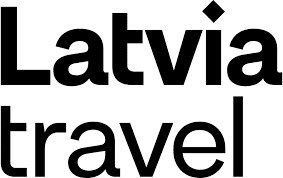


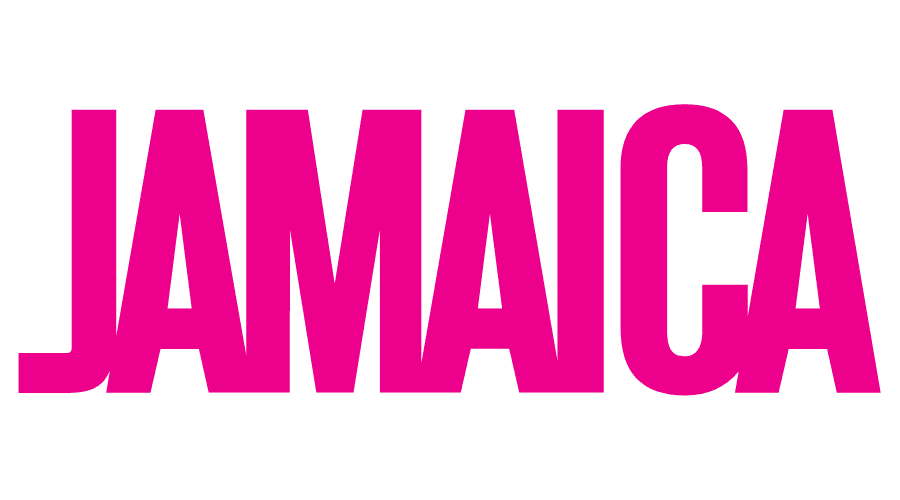




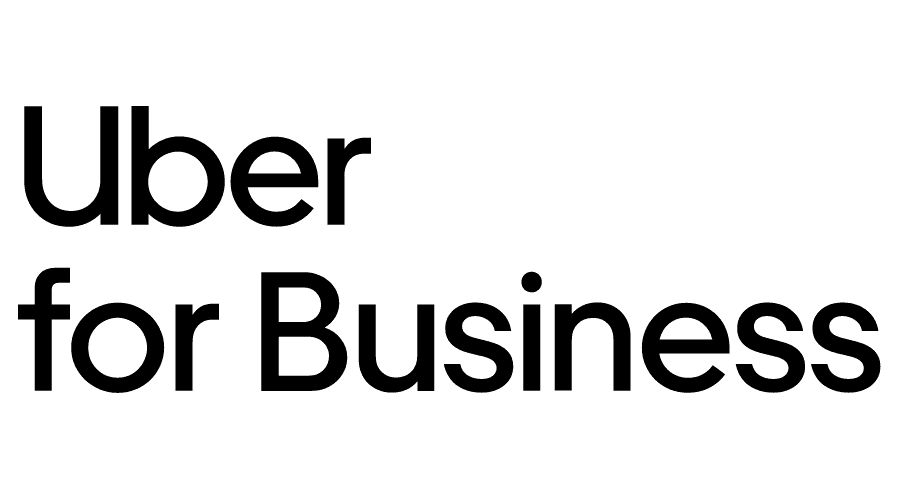





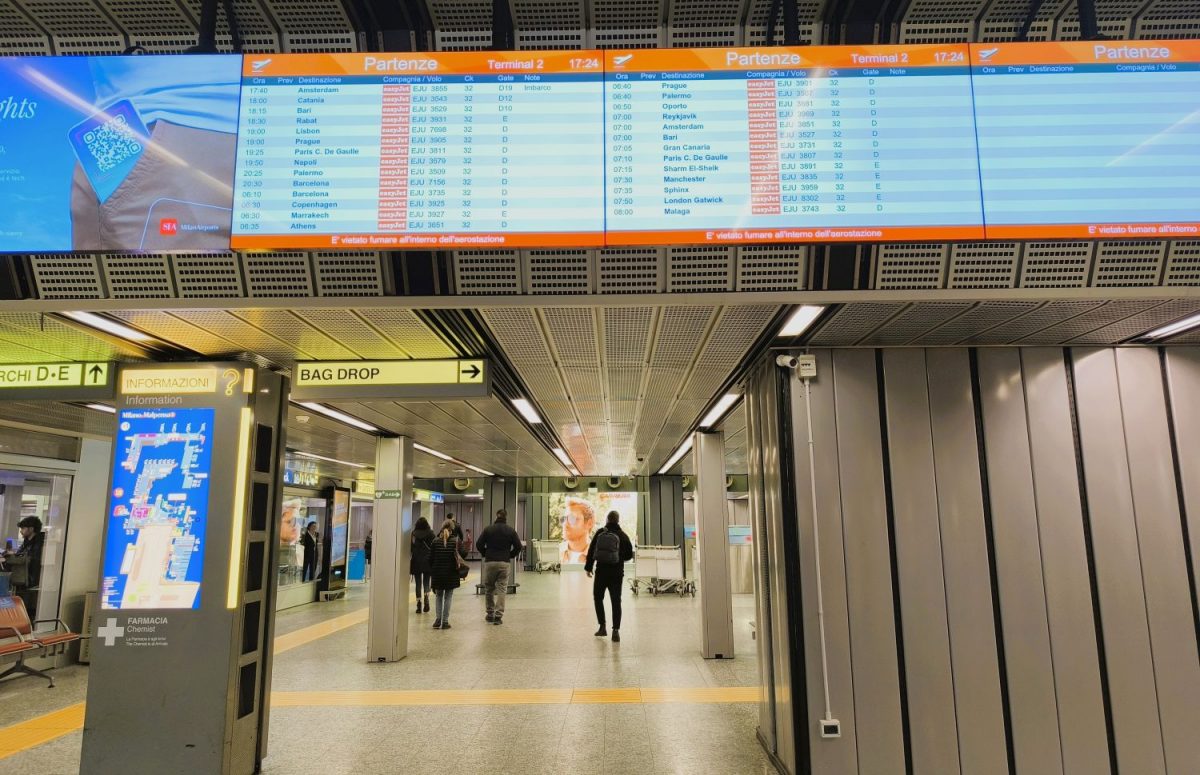



















CCS Insight: eSIMs ready to take the travel world by storm
Germany new European Entry/Exit System limited to a single airport on October 12, 2025
Airlines suspend Madagascar services following unrest and army revolt
Qatar Airways offers flexible payment options for European travellers
Air Mauritius reduces frequencies to Europe and Asia for the holiday season